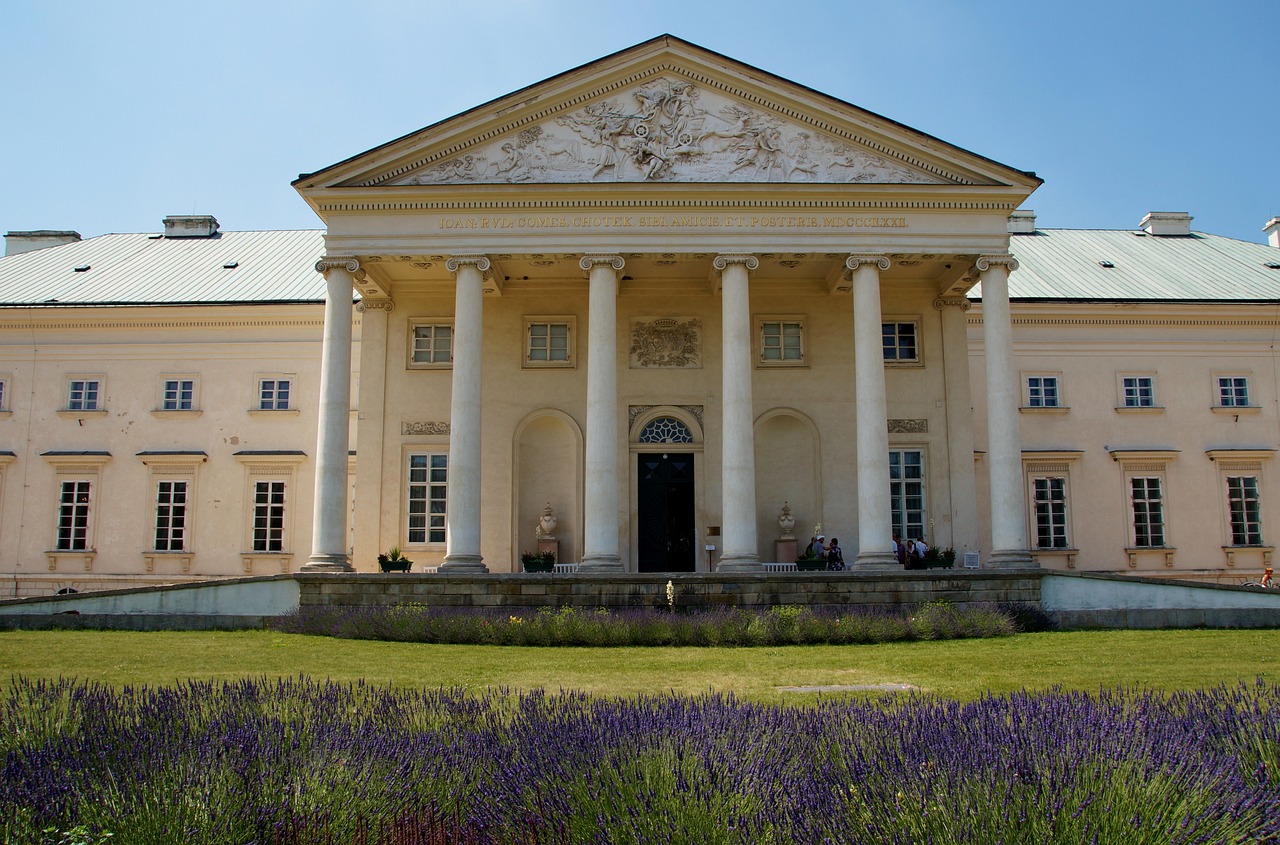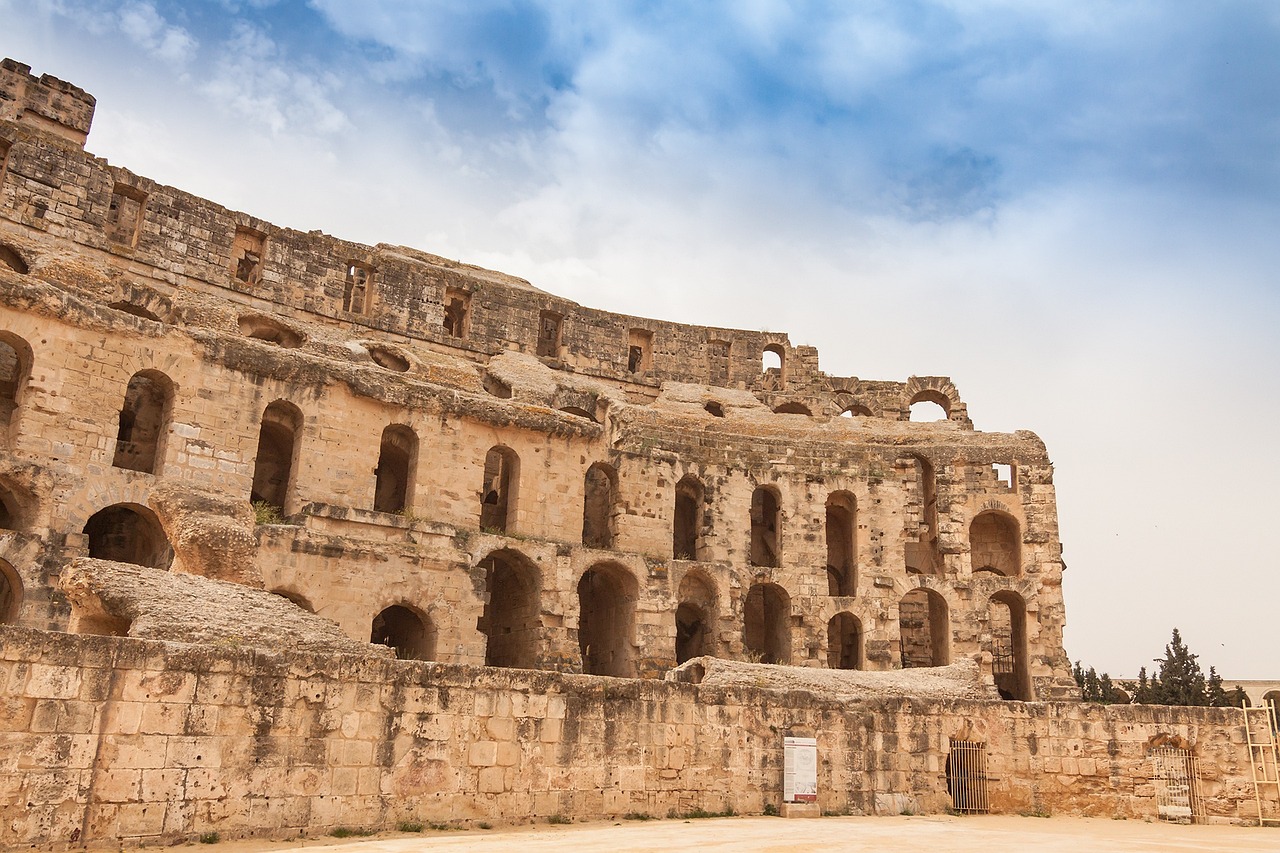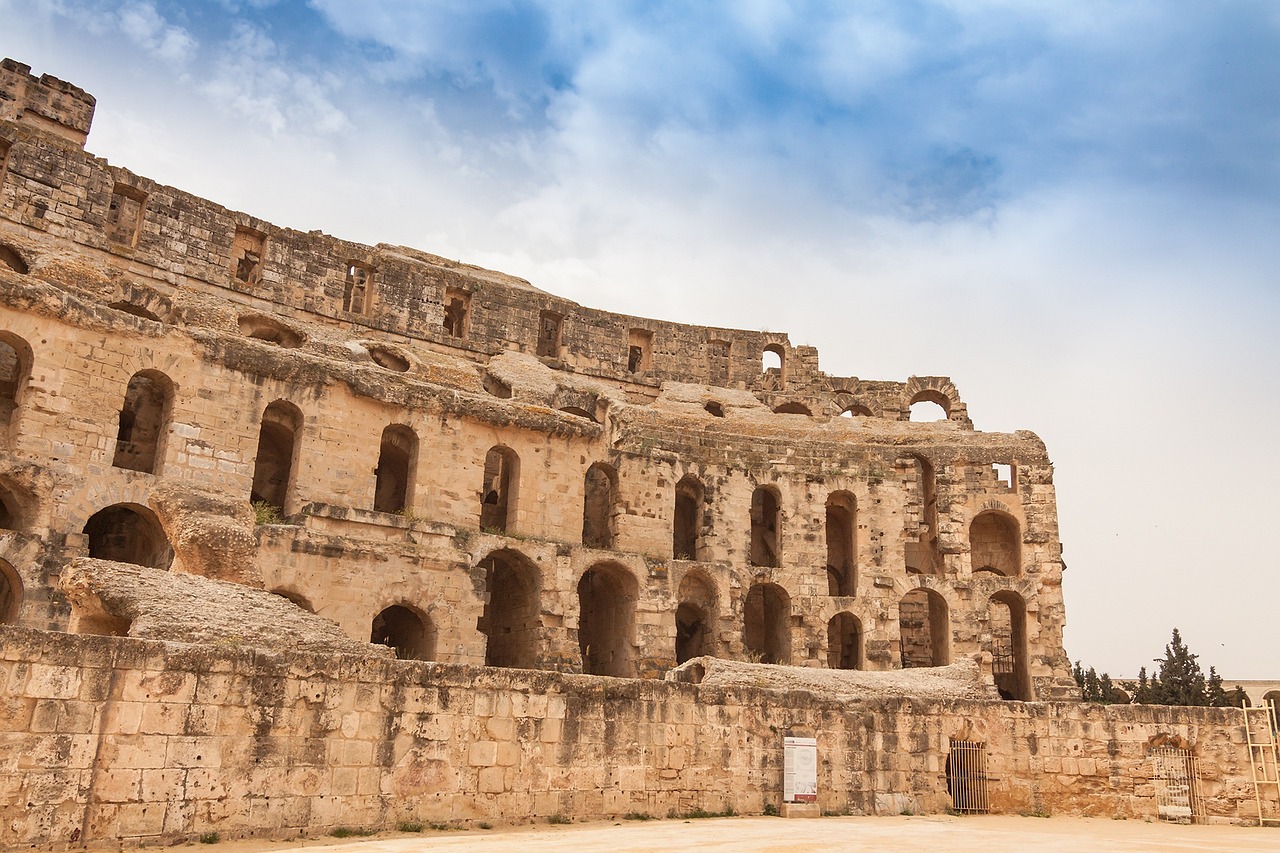The Rise and Fall of the Ashanti Empire - A Detailed Analysis
The Ashanti Empire, a formidable force in West Africa's history, rose to power through a combination of military prowess and strategic alliances. Its origins can be traced back to the early days of the Ashanti people, who gradually expanded their influence through conquests and diplomatic relationships with neighboring tribes.
During its golden age, the Ashanti Empire experienced a period of unprecedented growth and prosperity. Known for its cultural achievements and sophisticated political system, the empire reached its peak under the leadership of influential kings such as Osei Tutu and Opoku Ware.
Central to the empire's success was its strong leadership and efficient governance structure. These leaders played a crucial role in shaping the political landscape of the region and ensuring the empire's dominance over its rivals.
However, the Ashanti Empire also faced significant challenges, both from within and outside its borders. Internal revolts and external conflicts, including clashes with British colonial forces and neighboring states, tested the empire's strength and resilience.
As internal power struggles and external pressures mounted, the Ashanti Empire began to decline. Factors such as the impact of the slave trade and European intervention contributed to the empire's eventual colonization and loss of independence.
Despite its fall, the legacy of the Ashanti Empire endures in modern Ghana. Its cultural traditions, political influence, and historical significance continue to shape the identity of the region and its people.
Various historical perspectives offer insights into the rise and fall of the Ashanti Empire, reflecting a range of interpretations from colonial narratives to contemporary African scholarship. These diverse viewpoints contribute to a deeper understanding of the empire's complex history.
Looking to the present day, the experiences of the Ashanti Empire offer valuable lessons for navigating current geopolitical challenges. By drawing parallels between past events and contemporary issues, we can glean enduring wisdom from the empire's intricate story.

Origins of the Ashanti Empire
The Ashanti Empire traces its origins back to the Ashanti people, who inhabited the dense forests of present-day Ghana. The empire's foundation can be attributed to a series of military conquests and strategic alliances forged by the Ashanti with neighboring tribes. Through a combination of diplomacy and warfare, the Ashanti gradually expanded their influence and territory, laying the groundwork for a powerful empire to emerge.
One of the key figures in the early history of the Ashanti Empire was Osei Tutu, a visionary leader who is credited with uniting the Ashanti clans and establishing the framework for a centralized political system. Under his reign, the Ashanti began to consolidate their power and assert themselves as a formidable force in the region. This period marked the beginning of the empire's ascent to prominence.
As the Ashanti Empire grew in strength, it adopted a complex social structure that emphasized hierarchy and loyalty to the monarch. The empire's expansion was not only driven by military prowess but also by a sophisticated system of trade and diplomacy that allowed the Ashanti to establish lucrative economic relationships with neighboring states.
The cultural identity of the Ashanti people played a significant role in shaping the empire, with traditions such as ancestor worship and ritual ceremonies serving to reinforce social cohesion and religious beliefs. These cultural practices were intertwined with the empire's political and military endeavors, creating a unique blend of tradition and ambition.
Overall, the origins of the Ashanti Empire reflect a period of innovation and adaptation as the Ashanti people navigated the challenges of forging a cohesive empire out of diverse tribal communities. This early phase set the stage for the empire's future expansion and eventual dominance in the region.

Expansion and Golden Age
The marked a significant period in the history of the Ashanti Empire, characterized by territorial growth, cultural flourishing, and political stability. As the empire expanded its borders through strategic military campaigns and diplomatic alliances, it entered a phase of unprecedented prosperity and influence in the region.
Under the leadership of visionary rulers like Osei Tutu and Opoku Ware, the Ashanti Empire reached its zenith, establishing itself as a dominant force in West Africa. The empire's golden age was not only defined by territorial conquests but also by remarkable cultural achievements, such as the development of a sophisticated administrative system, intricate art forms, and vibrant oral traditions.
During this period, the Ashanti Empire experienced a flourishing economy driven by trade networks that extended far beyond its borders. Gold, ivory, and kola nuts were among the valuable commodities that fueled the empire's prosperity and facilitated exchanges with distant societies.
The political structure of the Ashanti Empire during its golden age was characterized by a centralized authority under the king, supported by a council of elders and regional chiefs. This hierarchical system enabled effective governance and decision-making, ensuring stability and coherence throughout the empire.
Furthermore, the Ashanti Empire's military prowess and strategic alliances allowed it to maintain control over a vast territory and defend against external threats. The well-disciplined Ashanti army, known for its skilled warriors and innovative tactics, played a crucial role in safeguarding the empire's interests and expanding its influence.
As the Ashanti Empire flourished during its golden age, it became a beacon of wealth, power, and cultural sophistication in West Africa. The empire's achievements in art, architecture, governance, and diplomacy left a lasting legacy that continues to be celebrated and studied to this day.

Leadership and Governance
Leadership and Governance played a pivotal role in the success and stability of the Ashanti Empire. At the helm of this powerful kingdom were revered leaders such as Osei Tutu and Opoku Ware, whose strategic vision and strong governance shaped the empire's political landscape. These kings were not mere figureheads but rather astute rulers who wielded significant influence over their subjects and neighboring territories.
One of the key aspects of Ashanti leadership was the concept of a dual monarchy, where the Asantehene (king) and the Okyeame (linguist) worked in tandem to govern the empire. The Asantehene held supreme authority, making crucial decisions on matters of state, warfare, and diplomacy. On the other hand, the Okyeame acted as the king's spokesperson, conveying his decrees and ensuring effective communication within the empire.
Furthermore, the Ashanti Empire was characterized by a decentralized political structure that allowed for local autonomy within the various regions under its control. Each province had its own chief who administered local affairs but ultimately answered to the central authority of the Asantehene. This system of governance fostered a sense of unity and cooperation among the diverse ethnic groups within the empire.
Under the leadership of these powerful kings, the Ashanti Empire established a complex system of governance that promoted stability, justice, and prosperity. The king's council, comprised of influential chiefs and elders, provided counsel on important matters and helped maintain order throughout the empire. Decisions were made collectively, ensuring that the interests of all stakeholders were taken into account.
Moreover, the Ashanti kings were not only political leaders but also spiritual figures who held significant religious authority. They were believed to have a direct connection to the ancestral spirits and were responsible for performing important rituals and ceremonies to ensure the empire's well-being. This dual role as both political and spiritual leaders reinforced the king's legitimacy and authority among the people.
In conclusion, the leadership and governance of the Ashanti Empire were instrumental in its rise to power and influence in West Africa. Through the guidance of visionary kings and a well-structured political system, the empire was able to navigate internal challenges and external threats with resilience and unity. The legacy of Ashanti leadership continues to inspire admiration and study, showcasing the enduring impact of effective governance in shaping historical empires.

Conflict and Resistance
Exploring the historical trajectory of the powerful Ashanti Empire in West Africa, from its origins and expansion under powerful leaders to its eventual decline and colonization by European powers.
The Ashanti Empire faced a myriad of challenges, both internal and external, that tested its strength and resilience. Internal revolts and power struggles often threatened the stability of the empire, while external conflicts with British colonial forces and neighboring states posed significant threats to its sovereignty.
One of the most notable conflicts in Ashanti history was the series of Anglo-Ashanti Wars fought between the Ashanti Empire and the British Empire in the 19th century. These wars were marked by fierce battles and strategic maneuvers as both sides vied for control over the lucrative trade routes and resources in the region.
Despite facing superior firepower and military tactics from the British, the Ashanti forces displayed remarkable courage and determination in their resistance. The Ashanti warriors, known for their bravery and discipline, fiercely defended their land and traditions against the encroaching colonial forces.
Additionally, the Ashanti Empire had to contend with rival neighboring states such as the Fante Confederacy and the Denkyira Kingdom, leading to frequent border disputes and skirmishes. These conflicts further strained the resources and manpower of the empire, weakening its grip on the region.
Amidst these challenges, the Ashanti Empire's ability to adapt and innovate in the face of adversity showcased its resilience. The empire's military prowess and diplomatic acumen were put to the test, shaping its strategies for survival and expansion in a volatile geopolitical landscape.
Ultimately, the conflict and resistance experienced by the Ashanti Empire played a significant role in shaping its destiny, influencing its interactions with colonial powers and neighboring states, and leaving a lasting impact on the region's history.

Decline and Colonization
As the Ashanti Empire reached its zenith, internal conflicts and external pressures began to sow the seeds of its eventual decline and colonization. The once powerful empire faced a myriad of challenges that ultimately led to its downfall. One of the significant factors contributing to the decline was the internal power struggles among the Ashanti elite. Rival factions vied for control, weakening the central authority and destabilizing the empire from within.
Furthermore, the transatlantic slave trade had a devastating impact on the Ashanti Empire. The demand for slaves by European traders disrupted traditional societal structures and fueled conflicts as different groups competed to control the lucrative trade routes. This exploitation not only depleted the population but also eroded the social fabric of the empire.
European intervention also played a crucial role in the decline of the Ashanti Empire. As European powers sought to expand their colonial territories in Africa, they targeted the Ashanti Empire due to its strategic location and resources. The Ashanti-British wars in the 19th century, particularly the Anglo-Ashanti Wars, weakened the empire militarily and economically, paving the way for colonization.
By the late 19th century, the Ashanti Empire had been effectively colonized by the British, who imposed direct rule and dismantled traditional governing structures. The once proud empire was reduced to a mere colony, with its resources exploited for the benefit of the colonial power. The Ashanti people faced cultural suppression and economic exploitation under colonial rule, marking the end of their independence and sovereignty.

Legacy of the Ashanti Empire
Exploring the historical trajectory of the powerful Ashanti Empire in West Africa, from its origins and expansion under powerful leaders to its eventual decline and colonization by European powers.
The legacy of the Ashanti Empire continues to resonate in modern Ghana, leaving an indelible mark on the cultural, political, and social landscape of the region. The empire's rich heritage is evident in various aspects of Ghanaian society, showcasing a blend of tradition and modernity that reflects the empire's enduring influence.
One of the most prominent legacies of the Ashanti Empire is its cultural traditions, which have been preserved and celebrated over the centuries. From vibrant festivals and colorful ceremonies to intricate art forms and traditional music, the cultural heritage of the Ashanti people remains a source of pride and identity for many Ghanaians.
Furthermore, the political influence of the Ashanti Empire can still be felt in contemporary Ghanaian governance. The empire's advanced political system, characterized by a centralized monarchy and a complex system of chiefs and councils, has left a lasting impact on the country's political structure and administration.
In addition to its cultural and political legacies, the Ashanti Empire's economic contributions continue to shape Ghana's economy. The empire's control over key trade routes and resources, as well as its thriving market economy, laid the foundation for Ghana's position as a commercial hub in West Africa.
Moreover, the resilience and spirit of the Ashanti people in the face of adversity have become emblematic of Ghanaian identity. The empire's history of resistance against colonial powers and internal conflicts serves as a source of inspiration for modern Ghanaians, highlighting the importance of unity and perseverance in the face of challenges.
In essence, the legacy of the Ashanti Empire serves as a testament to the enduring power of cultural heritage, political legacy, and economic influence. As Ghana continues to evolve and navigate the complexities of the modern world, the lessons learned from the Ashanti Empire's legacy remain invaluable in shaping the country's future trajectory.
1. What were the major cultural achievements of the Ashanti Empire?
2. How did the Ashanti Empire's political system influence modern Ghanaian governance?
3. What role did trade and economy play in the prosperity of the Ashanti Empire?
4. How did the Ashanti people resist European colonization?

Historiography and Interpretations
When delving into the historical analysis of the Ashanti Empire, it is crucial to consider the various historiographical perspectives and interpretations that have shaped our understanding of this powerful West African kingdom. From colonial accounts that often portrayed the Ashanti as barbaric savages to more recent African scholarship that seeks to highlight their sophisticated political and cultural achievements, the interpretations of Ashanti history have evolved over time.
Colonial narratives often depicted the Ashanti Empire as a violent and oppressive regime, emphasizing their involvement in the transatlantic slave trade and conflicts with European powers. These accounts tended to downplay the empire's intricate political system and cultural contributions, painting a one-dimensional picture of the Ashanti people.
However, contemporary African historians have sought to challenge these biased interpretations and highlight the resilience and complexity of the Ashanti Empire. By exploring indigenous sources and oral traditions, scholars have been able to offer a more nuanced understanding of Ashanti history, emphasizing the empire's achievements in art, music, and governance.
One of the key debates within Ashanti historiography revolves around the impact of European colonization on the empire's decline. While some argue that external intervention was the primary cause of the Ashanti Empire's downfall, others point to internal factors such as succession disputes and economic challenges as equally significant contributors.
Overall, the historiography of the Ashanti Empire serves as a reminder of the importance of critically analyzing historical sources and considering multiple perspectives when reconstructing the past. By engaging with a diverse range of interpretations, we can gain a more holistic understanding of the rise and fall of this influential African kingdom.

Lessons for Today
As we reflect on the rise and fall of the Ashanti Empire, we uncover valuable lessons that resonate with contemporary challenges. The empire's history serves as a compelling narrative that offers insights into the complexities of power dynamics, governance, and resilience. One of the key lessons we can draw from the Ashanti Empire's experience is the importance of strong leadership and effective governance in maintaining stability and fostering growth. Leaders like Osei Tutu and Opoku Ware exemplified the significance of visionary leadership in navigating turbulent times and steering the empire towards prosperity.
Furthermore, the Ashanti Empire's ability to adapt to changing circumstances and engage in strategic alliances with neighboring tribes highlights the importance of diplomacy and collaboration in addressing common threats and achieving shared goals. In today's interconnected world, where global challenges require collective action, the Ashanti Empire's diplomatic strategies offer valuable lessons in building sustainable partnerships and fostering regional stability.
Moreover, the Ashanti Empire's resilience in the face of internal revolts and external conflicts underscores the importance of unity and solidarity in overcoming adversity. The empire's ability to mobilize resources, rally support, and defend its sovereignty against colonial powers serves as a testament to the enduring spirit of resistance and determination. In a time marked by political unrest and social upheaval, the Ashanti Empire's legacy of resilience offers inspiration for communities facing similar challenges.
Additionally, the Ashanti Empire's experience with European colonization sheds light on the lasting impact of imperial domination and the legacy of exploitation. The empire's decline serves as a cautionary tale about the consequences of unchecked power, economic exploitation, and cultural subjugation. By examining the Ashanti Empire's history, we gain a deeper understanding of the complexities of colonialism and the ongoing struggles for self-determination and sovereignty in the modern world.
In conclusion, the rise and fall of the Ashanti Empire present a rich tapestry of lessons that resonate with contemporary issues and dilemmas. By studying the empire's history, we glean valuable insights into the dynamics of power, governance, resilience, and cultural heritage. The legacy of the Ashanti Empire serves as a poignant reminder of the enduring relevance of history in shaping our present realities and informing our future aspirations.
Frequently Asked Questions
- What were the key factors that led to the rise of the Ashanti Empire?
The Ashanti Empire's rise was influenced by factors such as military prowess, strategic alliances with neighboring tribes, and effective leadership under powerful kings like Osei Tutu.
- How did the Ashanti Empire maintain its political influence during its Golden Age?
The Ashanti Empire maintained its political influence through a well-organized governance system, strong leadership, and a network of regional chiefs who supported the central authority of the empire.
- What were some of the major conflicts faced by the Ashanti Empire?
The Ashanti Empire faced internal revolts and external conflicts, including wars with British colonial forces and neighboring states like the Fante Confederacy and the Denkyira Kingdom.
- How did European intervention contribute to the decline of the Ashanti Empire?
European intervention, particularly through the Atlantic slave trade and later colonial incursions, weakened the Ashanti Empire by disrupting trade networks, introducing new technologies of warfare, and exploiting internal divisions within the empire.
- What is the lasting legacy of the Ashanti Empire on modern Ghana?
The Ashanti Empire's legacy is evident in Ghana's cultural traditions, political structures, and the continued influence of the Asantehene (Ashanti king) as a symbol of unity and tradition in the country.



















